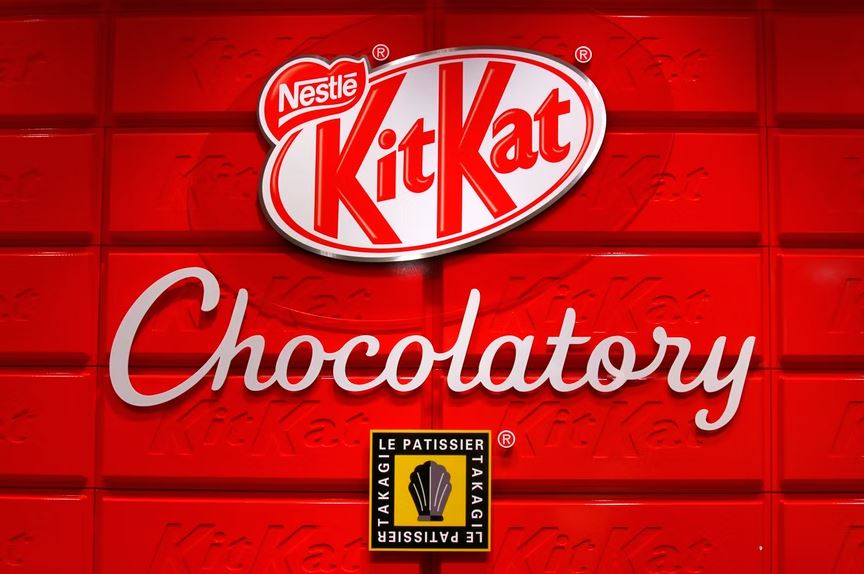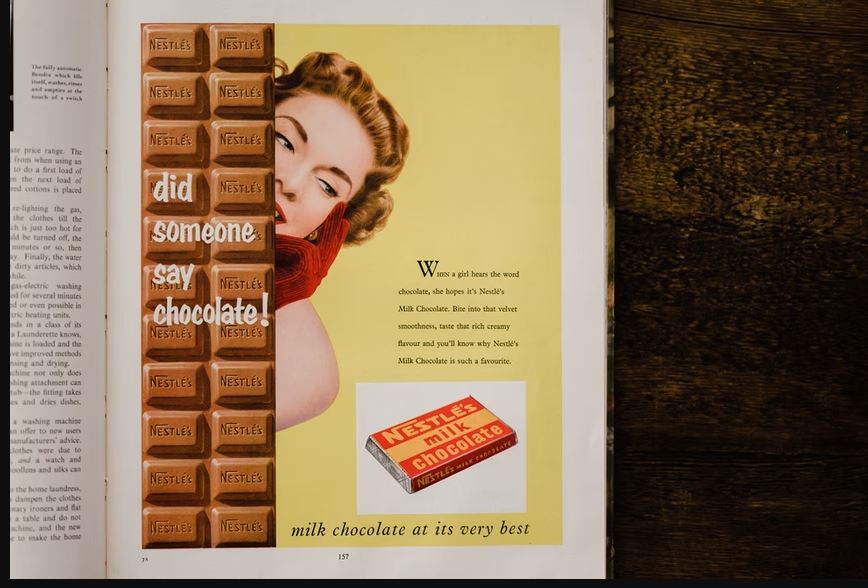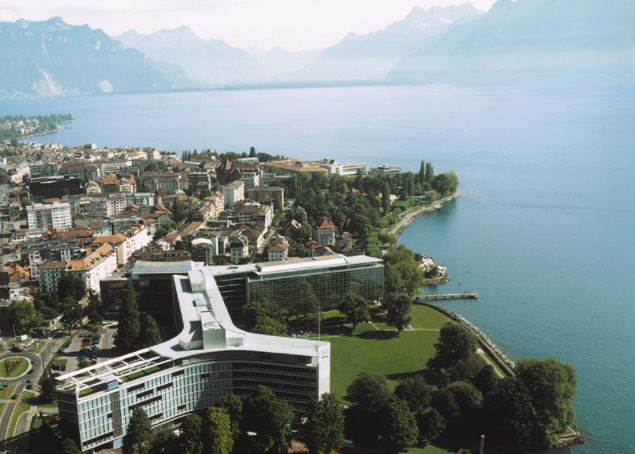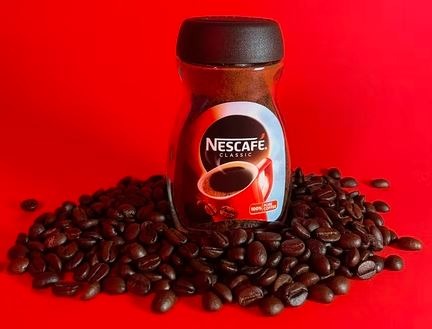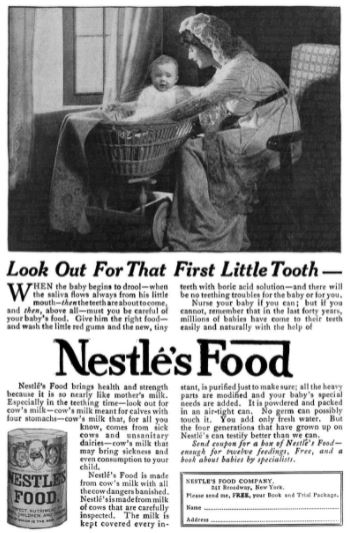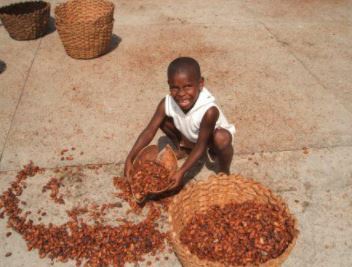Almost everyone in the world has heard of or used at least one Nestlé product. This speaks volumes as to how large this company is. As a matter of fact, Nestlé is the largest food company in the world.
This industry giant is in a league of its own. To learn more about Nestlé, let’s discuss its history, origins, products, and the controversies associated with it.
What is Nestlé?
Nestlé is a multinational corporation that manufactures a variety of food items and drinks, such as bottled water, chocolates, snacks, etc.
Nestlé is headquartered in Switzerland, but its products are sold around the globe. This giant corporation is considered the largest food company in the world.
History of Nestlé
Nestlé traces its origin back to two Swiss enterprises founded in the 1960s. These two enterprises will go on to become what we know today as Nestlé.
In 1866 the Anglo-Swiss Condensed Milk Company was founded. On the other hand, Henri Nestlé developed a revolutionary infant food in 1867. The company founded by Henri Nestlé merged with Anglo-Swiss Condensed Milk Company in 1905.
This merger was the birth of Nestlé and Anglo-Swiss Condensed Milk Company, known today as the Nestlé Group. Since its conception, the company has diversified and started to produce a wide variety of products making it an industry giant.
How Big is Nestlé?
You might now be wondering how big Nestlé is. The scale of this enterprise is staggering. It is not called the world’s largest food company without reason.
Nestlé operates factories in more than 80 countries around the globe that tirelessly produce many products that most people likely consume daily. As a matter of fact, Nestlé has around 376 factoring in 81 countries, making it one of the most well-known and widely used brands globally.
It is also considered to be among the best employers in Europe. Nestlé employs around 273,000 people, showing how big this enterprise is.
Nestlé Products
As mentioned before, Nestlé produces a wide variety of products that we likely use every day. Here are some of the most popular products by Nestlé:
1. Infant Foods
Nestlé produces an array of infant food products, such as baby formula powders. Nestlé manufactures Cerelac, Nestum, Lactogen, Caregrow, etc., which are all infant foods.
2. Bottled Water
Nestlé produces a number of bottled water products sold around the globe. Brands such as Ice Mountain, Pure Life, Splash, Acqua Panna, etc., are all owned by Nestlé.
3. Cereals
Nestlé does not just produce cereals for infants but also owns other cereal brands, including Nesquik, Chocapic, Cerevita, NAT, and Uncle Tobys. These products are the favorite breakfast items for many people.
4. Chocolates and Other Snacks
Some of the most popular brands of chocolates and snacks that you know and love are actually owned by Nestlé. KitKat stands out amongst its peers as one of the most famous chocolate products. Moreover, POLO, Smarties, Aero, Milkybar, and Cailler are all owned by Nestlé.
This makes Nestlé one of the most popular snack brands in the world.
5. Beverages
Nestlé is also a large manufacturer of beverages – it produces the popular Nescafé, Coffee-Mate, and Nespresso. Nestlé also manufactures the famous Milo, which is the favorite beverage of many people around the globe.
Other beverages produced by Nestlé are NESTEA, Ovaltine, Nesfruta, and Abuelita, etc.
6. Frozen Food Items
Nestlé is a major producer of chilled and frozen food products. Frozen and chilled food brands owned by Nestlé include Hot Pockets, Jack’s, Freshly, and Life Cuisine, etc.
7. Dairy Products
Aside from chocolate snacks, Nestlé produces a variety of dairy products. One of the most famous brands owned by this company is Nido. Nestlé also owns ideal, Gloria, Svelty, and KLIM.
Aside from all this, Nestlé also manufactures products for health care, health nutrition, and pet care. It also provides food services.
Nestlé’s Competitors
Nestlé has its fair share of competitors to compete against. Some of its largest competitors are:
- PepsiCo
- Kraft Heinz
- Hershey
- Unilever
- Danone
These companies help keep Nestlé in check. They ensure that Nestlé has to compete against other companies and, in doing so, aim to produce better products and sell them at a reasonable price.
Interesting Facts about Nestlé
1. Nestlé Owns Over 2000 Brands
Nestlé owns more than 2,000 brands, and that is not an exaggerated amount. These brands are recognized around the world. This large variety of products has been one of the main reasons for the success of Nestlé as an organization.
2. White Chocolate Was First Developed Commercially by Nestlé
The history of white chocolate is not very clear, but it is generally agreed that Nestlé was the first to develop white chocolate commercially. Other companies soon followed the lead, which led to the popularity of white chocolate that we see today.
3. Nestlé Celebrated its 150th Anniversary in 2016
In 2016, Nestlé celebrated its 150th anniversary. This goes to show the rich and long history this company has.
4. Nestlé is one of the Main Shareholder in L’Oréal
This is a little-known fact, but Nestlé is one of the main shareholders in L’Oréal, the largest cosmetics company in the world. This relationship has brought many benefits to both companies. Nestlé has had excellent returns from its investment in L’Oréal.
Nestlé Controversies
Nestlé has had many controversies and scandals in its history. This has led to boycotts and hatred directed towards the company. Some of the more prominent controversies about Nestlé are given below:
- Child Labor and Slavery
Chocolate has a history filled with slavery and cruelty. The sweat delicacy you love is not always produced ethically. Production of cocoa beans used to produce chocolate products often involves child labor and slavery.
Nestlé is not unfamiliar with these unethical practices. Steps need to be taken by companies like Nestlé to eliminate these evils associated with the chocolate industry.
- Baby Formula Marketing
The baby formula scandal happened when Nestlé was accused of aggressively promoting baby formulas as a substitute for breastmilk in third-world countries. These countries did not have good water sanitation and had low levels of education.
This led to the baby formula being prepared in unsanitary water, causing dangerous diseases amongst babies. All of this, among other practices, led to many people boycotting Nestlé.
- Status of Water as a Human Right
Nestlé is one of the largest producers of bottled water in the world. This is why when Chairman Peter Brabeck-Letmathe said that declaring water a public right is “extreme,” it did not sit well with the public.
This statement by the chairman sparked controversy among the masses since water is a human right. Nestlé has also been accused of using water without regard for the environment and depriving locals of access to potable water.
- Pollution
Nestlé, like many other large companies, has contributed to the increase in pollution. Although the company aims to reduce pollution, it still has a long way to go before achieving this goal.
Conclusion
Nestlé is an industry giant and a torchbearer. It has a rich and long history filled with both good and bad. Today, it is one of the most recognized brands in the world. In addition, Nestlé has a responsibility to maintain high standards. It should aim for the best and ensure that its business practices are morally and ethically correct.

